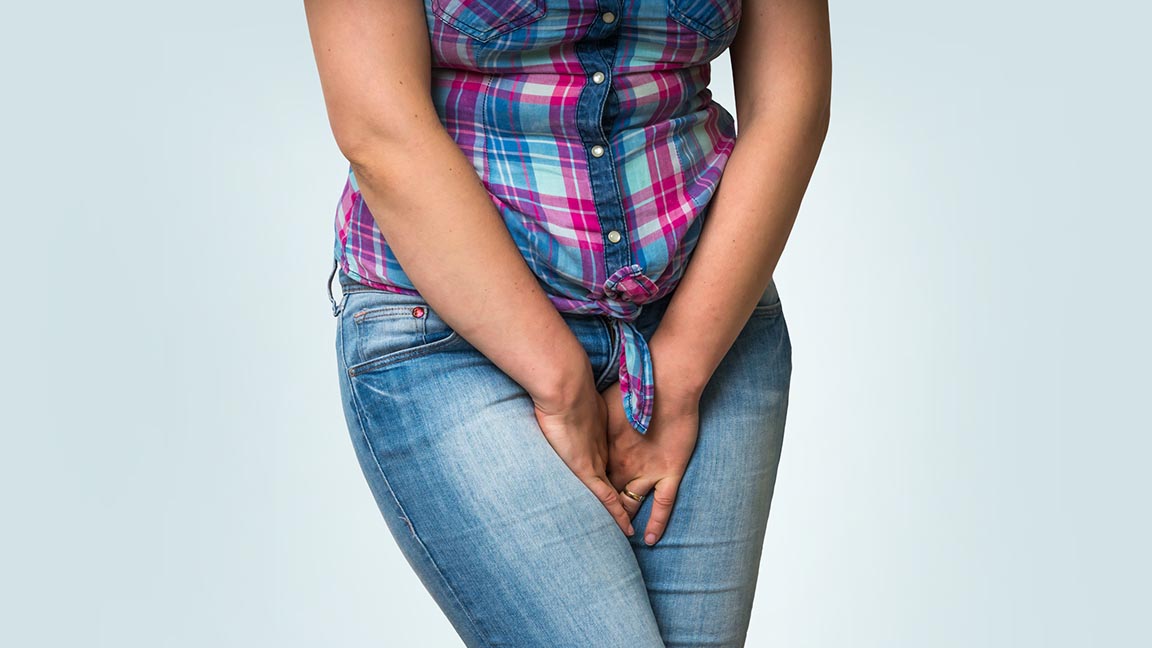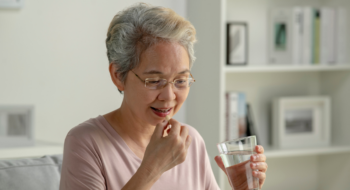For many women, coughing, sneezing or laughing can result in a rather embarrassing consequence: wet pants.
Urinary incontinence or the loss of bladder control is common among women. Nearly 18 million women are living with the condition in the U.S.
“Though it typically impacts older women, female incontinence is not inevitable with aging nor is it something women must accept and live with,” says Dr. Annaceci Peacher, a fellowship-trained urogynecologist at Tidelands Health OB/GYN who has extensive experience helping women overcome the condition. “There are treatments available that can improve quality of life.”
Most common among women over 50, urinary incontinence can either be a temporary condition or it can be chronic. Women may experience slight discharges of urine or more severe and frequent uncontrolled wetting.
The good news is there are a variety of approaches available to help alleviate, reduce or eliminate symptoms. Here are seven facts women should know about female incontinence:
Incontinence is extremely common.
Incontinence is not an inevitable consequence of aging, says Dr. Peacher, who encourages women not to suffer in silence.
“It’s understandable that women may be embarrassed to talk about it with their provider, but that’s what we’re here for,” Dr. Peacher says. “We see this condition routinely among our patients, and we want to help you overcome it.”
There are two primary forms of incontinence.
Although there are several different types of urinary incontinence, stress and urge incontinence are the most common. With stress incontinence, urine may leak when there is pressure placed on the bladder such as when laughing, coughing, sneezing, exercising or lifting something heavy. With urge incontinence, the patient is unable to hold urine long enough to make it to the bathroom. The person also often feels sudden urges to urinate or urinates frequently.
“It’s not a one-size-fits-all for treatment,” Dr. Peacher says. “Different types of incontinence will call for difference treatment measures.”
Medical conditions can contribute to incontinence.
Medical conditions such as diabetes and hypertension can cause nerve damage to the muscles that control the bladder, resulting in leakages. It’s important to address those underlying conditions as part of the treatment plan for incontinence.
Incontinence can mask issues like recurrent urinary tract infections.
Some infections can irritate the bladder and lead to incontinence. To rule out an underlying infection, women should discuss their leak issues with their doctor.
“A lot of people experience the standard burning when peeing with a UTI, but not everyone does,” says Dr. Peacher. “Some simply experience an increase in urinary frequency.”
Lifestyle changes can make a difference.
Simple changes like decreasing intake of caffeine and artificial sweeteners can improve incontinence.
“These substances act as diuretics, which stimulate your bladder, increase urine output and worsen symptoms,” says Dr. Peacher. “Cutting back on those irritants can improve or reduce symptoms.”
Constipation can worsen incontinence.
Because the rectum is near the bladder and shares many of the same nerves, constipation can excite the nerves and increase urinary frequency.
“One way to help counteract this issue is to increase the fiber in your diet to help prevent constipation,” says Dr. Peacher.
Treating incontinence can greatly improve quality of life.
There are myriad options that can help manage, treat and improve symptoms of a leaky bladder, says Dr. Peacher.
The first course of action may be lifestyle and dietary changes. If behavior modifications aren’t enough to improve symptoms, other alternatives such as medications for overactive bladder, pelvic floor exercises, nerve stimulation and surgery may be employed, depending on the patient’s unique condition and preferred treatment approach.
“Please don’t hesitate to reach out,” Dr. Peacher says. “We’re here to help.”

Dr. Annaceci Peacher
Urogynecologist, Tidelands Health OB/GYN
Bio
Dr. Annaceci Peacher is a fellowship-trained urogynecologist who provides care at Tidelands Health Women’s Center. She is accepting new patients.
Learn MoreMedical Education
Education
- University of Texas Health Science Center at San Antonio
Residency
- University of Texas at Austin
Fellowship
- Mount Sinai Icahn School of Medicine
Awards
Board Certification
American College of Obstetricians and Gynecologists
Meet the Expert
Dr. Annaceci Peacher
Dr. Annaceci Peacher is a fellowship-trained urogynecologist who provides care at Tidelands Health Women’s Center. She is accepting new patients.





